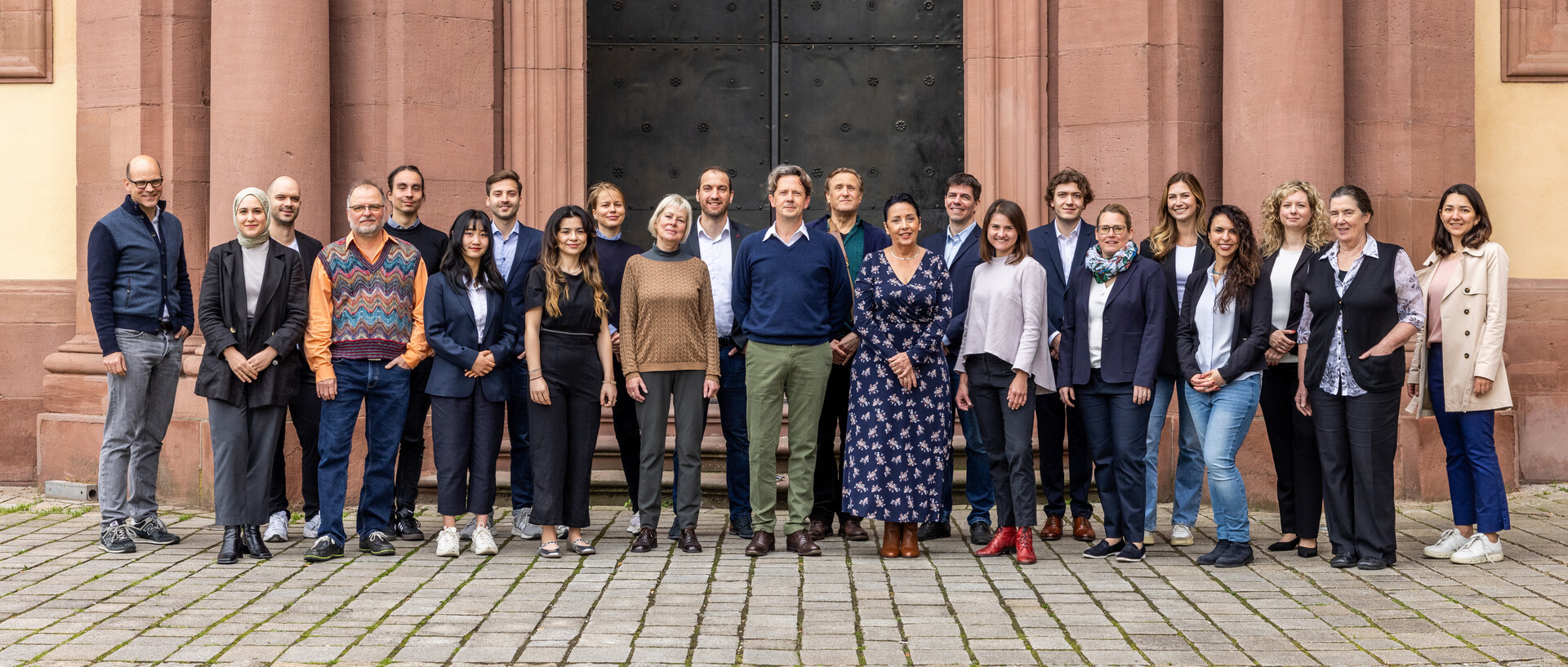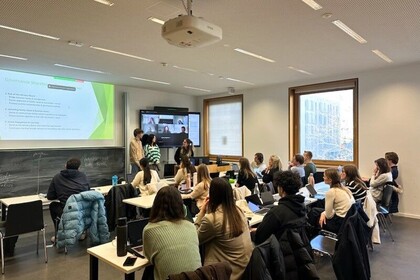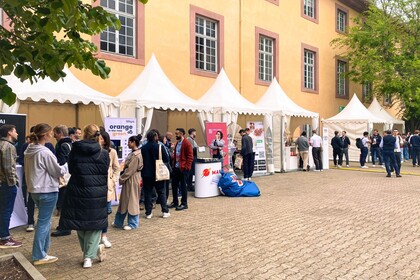About the Center for SME Research and Entrepreneurship
Mission statement and long-term positioning
The Center for SME Research and Entrepreneurship (ifm) at the University of Mannheim is a leading research facility specializing in current and structural topics related to small and medium-sized enterprises (SMEs). Directed by Professor Dr. Michael Woywode, the institute employs 30 academic staff. ifm Mannheim's strength lies in its interdisciplinary approach and its role as a bridge between academia and practical application. The institute's work is both nationally and internationally focused. Ongoing responsibilities include advising political bodies in Germany and abroad on SME policy issues, providing key statistical data on SMEs, and facilitating knowledge transfer between academia and industry.
Director of the Institute
Since September 2007, Professor Dr. Michael Woywode has been the Director of the Center for SME Research and Entrepreneurship and holds the Chair of SME Research and Entrepreneurship at the Faculty of Business Administration. This close institutional collaboration fosters academic exchange between the two institutions, optimizing basic research, teaching, and project activities in the long term.
Research, teaching, counselling
The ifm has four research areas:
- (1) Digitalisation and competitiveness in SMEs
- (2) Family businesses
- (3) Labour market and self-employment
- (4) Entrepreneurship
There are three main areas of work for the ifm: Firstly, basic research on the four topics mentioned above. Furthermore, ifm employees are involved in teaching . Finally, scientifically based policy advice is an important field of work for the ifm. The ifm will continue to be measured against high quality standards in the future.
In addition to research, teaching and policy advice, another important concern of the ifm is to arouse students' interest in the topics of SMEs and entrepreneurship through targeted measures. In concrete terms, this means that students at the University of Mannheim are advised by competent ifm staff on issues relating to business start-ups . In this context, the ifm continues to fulfil its role in the MAFINEX Start-up Network.




